Small group rehearsal techniques, Part 1
Your concert date is approaching. Your chamber music group’s rehearsal time is dwindling. You have so much work that needs to be done! How can you rehearse well and efficiently so you’re ready when your concert date arrives? These small group rehearsal techniques can help you get to the finish line. Planning your rehearsals can alleviate some of the anxiety that normally comes with preparing for a concert. You can learn to think strategically about








